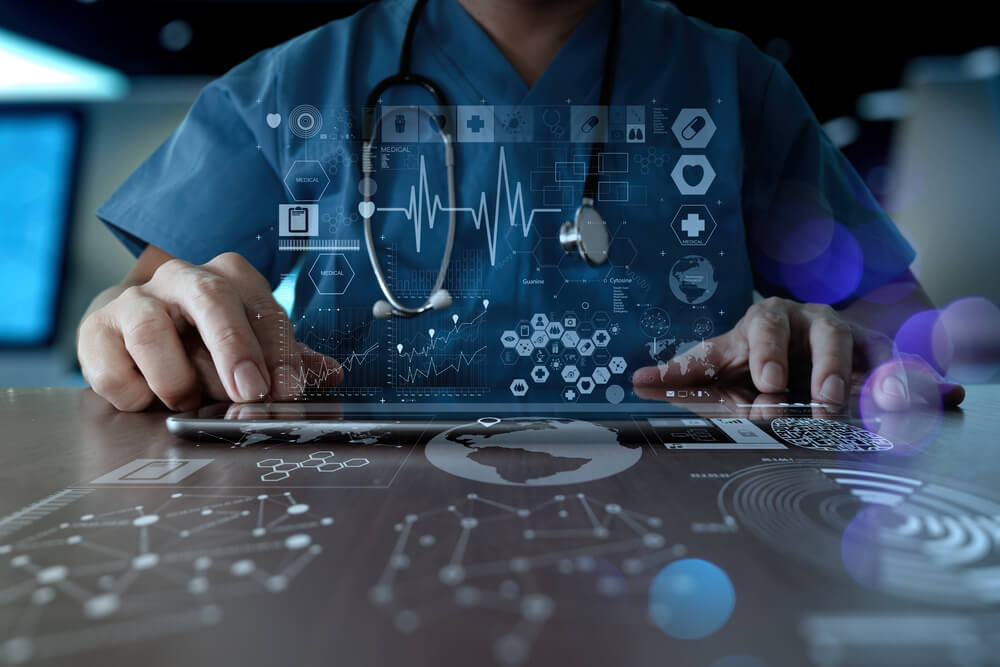.jpeg)
When we talk about the state of mental health today, it is in terms of a crisis. Not only in the United States, but worldwide. In the U.S. alone, a reported 48.3 million adults are struggling with one form of mental health disorder, not to mention 1 in 10 children. This epidemic has the tendency to be overlooked because it does not always manifest in physical symptoms. Since the beginning of the COVID-19 pandemic, mental health disorders have been on the rise. Lockdowns caused stress and isolation for families and individuals alike, exacerbating already high rates of anxiety, depression, and many other disorders.
Fortunately, as for other kinds of illness or disorders, telehealth and digital tech solutions have already proved to be a promising means of creating innovative solutions to address this ongoing crisis. We are already seeing prominent growth of the tech industry as well as the telehealth industry. Interest and funding for these new technologies and software as grown exponentially in recent years. At Brillio, we leverage with the ‘4 superpowers of technology’: Cloud, Mobile, Artificial Intelligence/Machine Learning, and IoT. Despite the seemingly dire statistics, we remain very optimistic in the promise of these 4 types of digital tech solutions in the context of the global behavioral health market, particularly for youth and young adults.
.png)
Everyone these days is familiar with the concept of wearables, even if they don’t own one. Devices like Apple Watches and Fitbits can not only track data, but also transmit it. The opportunities for mental health care have a very good outlook. Wearables can track movement, heart rate, eating habits, and much more. For example, someone suffering from depression could potentially track a week of data points and send that information to a psychologist or other mental health professional, allowing them to quickly analyze their habits and assist with their diagnosis.
We are also seeing great strides in the field of AI and the metaverse. The advancement of these technologies could lead to solutions like games for youth that track specific mental health criteria or the creation of online interactions that facilitate group therapy or group interactions that can help professionals gauge key mental health parameters. This is particularly critical for children who could benefit from early detection of mental health disorders. Early detection could help them get the right care much earlier than traditional means of diagnosis.
Forms of telehealth like video calling and mobile applications that are currently available are valuable for connecting patients to providers. They allow mental health professionals to be more available to their patients and provide more immediate care. Even chatbots that are available 24/7 are a promising means of giving patients support no matter where they live or what their financial situation may be.

The focus now should be on taking these existing tech solutions and innovating them to the next level. At Brillio, we are working to enter these software and technologies into mainstream forms of care through our initiatives. We are dedicated to addressing this crisis urgently and on a tangible level, to bring these solutions to the market faster and more efficiently. Mental health disorders may tend lie under the surface of society, but they certainly impact all of us and our communities. Finding solutions that would allow for earlier detection of mental health disorders and better, more accurate diagnoses should be our top priority.
By using the incredible technology already available to us, we can develop tech solutions that could very well be the future of mental health care.
For more information, connect with me through LinkedIn